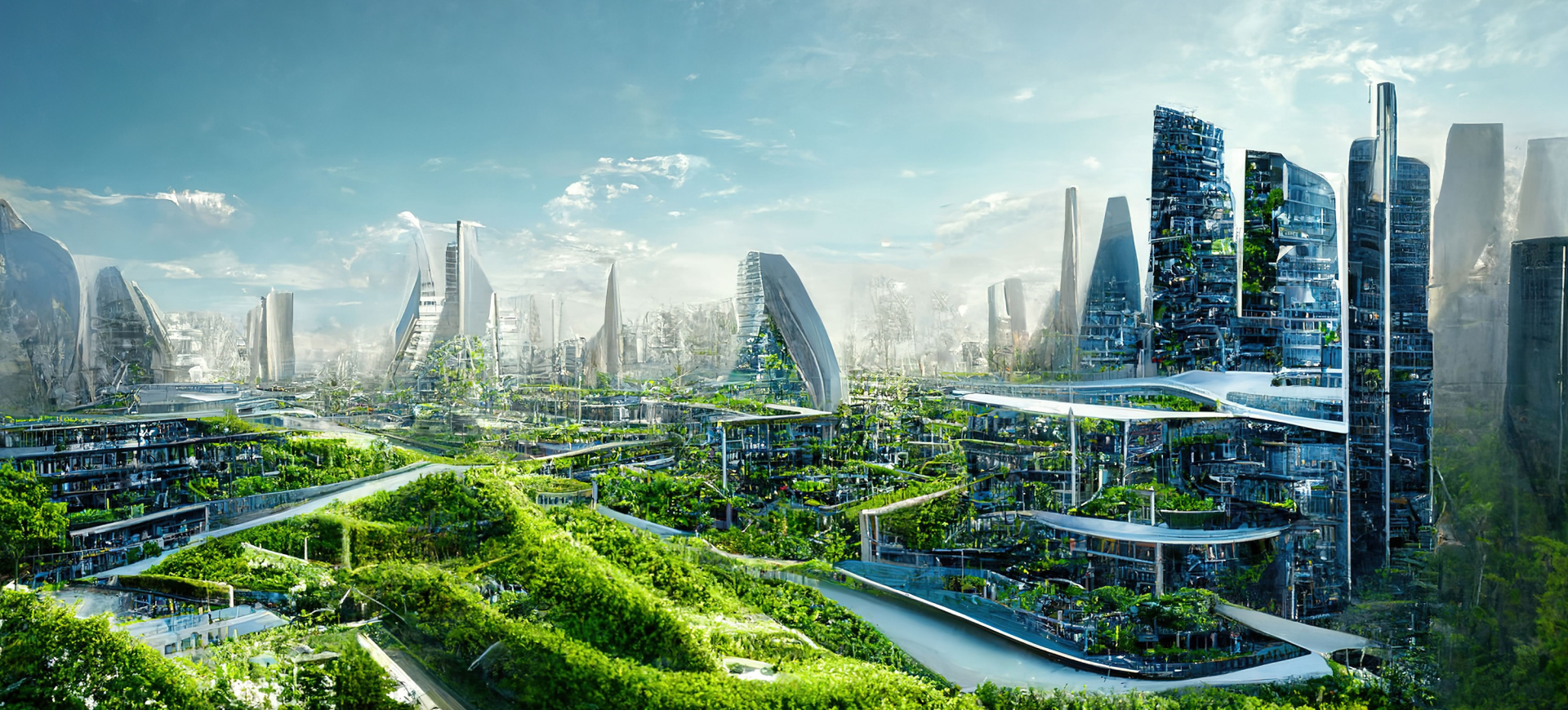Choosing LiFE
Under India’s G20 presidency, a new concept of Lifestyle for Environment will be advanced – but it requires input from everyone to change habits and shift towards sustainable, circular production systems
The global community has undertaken several initiatives to address environmental degradation and climate change, including policy reforms, economic incentives and regulations. However, progress is far from satisfactory. We remain far from the Paris Agreement commitment to hold global warming to below 2°C above pre-industrial levels and the Kunming-Montreal Biodiversity Framework’s goal to restore 30% of the world’s land and water and halt and reverse biodiversity loss by 2030.
India’s Prime Minister Narendra Modi introduced the concept of Lifestyle for Environment – LiFE – at the Glasgow climate conference in 2021. It replaces the ‘use and dispose’ approach with the concept of a circular economy. It is aimed at driving the mindful and deliberate use of natural resources and the adoption of sustainable consumption lifestyles to protect and preserve the environment. Changing individual and community behaviour can make a significant dent in the environmental and climate crises. India’s G20 theme of One Earth, One Family, One Future and its emphasis on LiFE have created a coherent agenda for sustainable development, climate action and climate justice. Recognising the criticality of protecting and restoring the environment and biodiversity and ensuring the sustainability of development, the G20’s Development Working Group has been working with other G20 official bodies to develop a framework for implementing LiFE. The Think 20’s Taskforce 3 on LiFE, Resilience and Values for Wellbeing has been deliberating on the need for a mass movement for sustainable consumption, with every citizen and stakeholder contributing to the green transition.
Deliberations and initiatives on promoting LiFE
G20 development ministers, meeting at Varanasi on 12 June 2023, adopted the G20 High Level Principles on Lifestyles for Sustainable Development formulated by the Development Working Group. These principles call for promoting linkages between the development, environment and climate agendas and their associated goals, which are at the heart of a Lifestyles for Sustainable Development approach; promoting environmentally friendly individual and community behaviour, including using behavioural science approaches such as incentives for sustainable, environmentally conscious lifestyle choices; promoting sustainable production, including through sustainable value chains, technological transitions, innovation and investments in key areas; and promoting local communities, local and regional governments, and traditional knowledge in supporting sustainable lifestyles.
In January, T20 Taskforce 3 released the Bhopal declaration, which recommended transforming development to support the transition towards LiFE and responsible consumption, in ways that do not threaten biodiversity and the environment. It noted that the adoption of LiFE is deeply connected to value systems and ethical approaches. The taskforce’s final recommendations cover sustainable consumption and production, and promote inter-species balance and a systemic transformation for the LiFE economy.
There has been much interest in sustainable consumption and production, climate finance, the green transition and new pathways for sustainable development, as demonstrated in many policy briefs submitted to the T20 this year. In addition, the Global Solutions Summit in Berlin in May included a session on economic and system transformations for LiFE. At the Summit for a New Global Financing Pact in Paris in June there was a side event on using the LiFE economy to scale up the Sustainable Development Goals and climate finance, sponsored by the Research and Information System for Development Countries, the Organisation for Economic Co-operation and Development and the Fourth Sector Group.
At their meeting in June 2023 in Washington, Prime Minister Modi and US president Joe Biden issued a statement that said that “addressing sustainable consumption and production” is key to achieving the ambitions of the 2030 Agenda for Sustainable Development and the SDGs. President Biden welcomed LiFE as a “successful national model to address climate change, biodiversity loss, desertification and land degradation”, and supported the G20 High Level Principles on Lifestyles for Sustainable Development.
Summary observations
LiFE requires increasing awareness among people to change their habits and shift towards sustainable production systems. It is not just about economic growth, but about growth that is environmentally friendly, socially inclusive and people centric. The transition to LiFE requires exploring new models of development for sustainable production that complements sustainable consumption and societal progress. Research insights indicate that the SDGs – including those on health, education, sustainable and inclusive growth, and sustainable consumption and production – have significant effects on reducing inequality, promoting sustainable growth and overall well-being. Sustainable consumption and production and climate action also have strong correlations with well-being. The intense deliberations on LiFE and the interest it has generated will no doubt influence the outcome of the G20 New Delhi Summit – and, one hopes, extend beyond India’s G20 presidency when the baton passes to Brazil. There are far-reaching implications for humanity, climate change, biodiversity and sustainable development.












